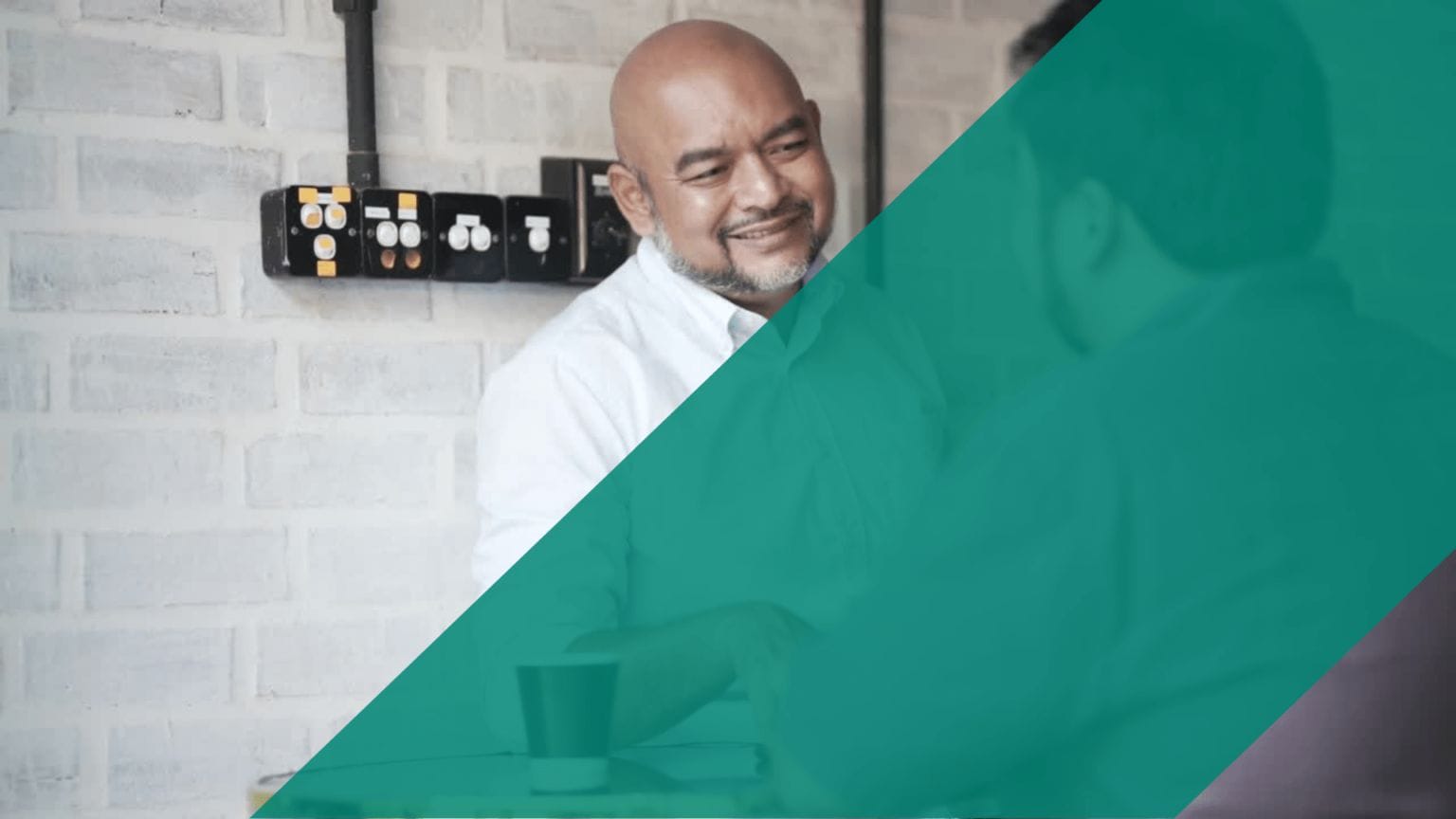World Suicide Prevention Day is 10 September 2020. This year, the theme is ‘Working Together to Prevent Suicide.’
Research suggests that open and honest communication about mental ill-health supports steps towards suicide prevention. These important conversations help raise awareness and understanding and help to break the stigma (often the greatest barrier for those seeking help).
Life can be stressful (2020 has certainly brought difficult times for many), dealing with unemployment and redundancy, financial or accommodation worries, relationship problems, bereavement, discrimination and bullying and harassment to name just a few triggers for stress. There is a chance you may well feel depressed or even suicidal, or know someone who does. Suicidal thoughts are not uncommon. Just under 21% of the general population have had suicidal thoughts at some time.
If you’re worried about someone who may be suicidal or if you’re feeling suicidal yourself the following information from Ali Grady, Mental Health First Aid Instructor with experience of volunteering with the Samaritans may help.
I’m worried about someone else – what can I do?
If you’re worried about someone and their mental health it’s important to let them know that you’re there for them and care. This article offers suggestions on:
- where individuals can get confidential support
- how to get urgent help
- suggestions for self help
For tips on how to start the conversation watch our short video (link at the end of the article).
If you’re feeling suicidal, talk to someone
If you’re feeling suicidal it’s really important to tell someone. If there’s a friend, family member or colleague you trust, open up to them and tell them how you’re feeling. If you have a Mental Health First Aider at work seek them out for a confidential chat. They will be able to offer you support and understanding and keep you safe.
If you don’t feel you can talk to someone close to you that you trust and your employer provides an Employee Assistance Programme (EAP) there will likely be a confidential, 24/7 helpline that you can contact for immediate support. Check with your HR department if you’re not sure. In addition there are national helplines available (see details below) that are staffed by people ready to listen to you and your concerns and provide support and understanding. Starting the conversation can be difficult. There’s no right or wrong way to do it, so just start the conversation in a way that you’re comfortable.
As a previous volunteer Samaritan, I can tell you that every call, text or email is completely confidential and your contact details aren’t passed onto volunteer listeners. Calls aren’t recorded or traceable. Any personal information you provide is entirely up to you, you won’t be asked for any. Although the Samaritan may ask if there’s a name they can call you, you don’t have to give your real name, or any name at all if you don’t want to. Silence is OK. If you can’t find the words or don’t know what to say, stay on the line and the Samaritan will stay with you until you’re able to talk.
Where can I get confidential support?
Your GP should be your first port of call and there are many other national charities and organisations that can help:
- Samaritans – for everyone, 24 hours a day – Call 116 123 – Email [email protected]
- SHOUT – for everyone, 24 hours a day. Text Shout to 85258
- Papyrus – for people under 35 – Call 0800 068 41 41 – Monday to Friday 10am to 10pm, weekends 2pm to 10pm, bank holidays 2pm to 5pm – Text 07786 209697 – Email [email protected]
- Campaign Against Living Miserably (CALM) – Call 0800 58 58 58 – 5pm to midnight every day – Visit the webchat page
- Childline – for children and young people under 19, 24 hours a day – Call 0800 1111 – the number won’t show up on your phone bill
- The Hub of Hope App is a directory of local and national mental health services that you can download from your app store. Input your postcode and it displays contact details of local and national mental health related services.
What if urgent help is needed?
If urgent help is needed call 999 or go to your local A & E department.
If you’ve already been referred to your local mental health service the local mental health crisis team can also help.
What can I do to help myself?
Rethink Mental Health offer a variety of ideas for you to try to help you get through your crisis in their suicidal thoughts factsheet.
Try:
- not to think about the future – just focus on getting through today
- staying away from drugs and alcohol
- getting yourself to a safe place, like a friend’s house
- being around other people
- distracting yourself by doing something you usually enjoy
- relaxing – try meditating or mindfulness, or having a relaxing bath
Consider preparing a crisis plan when you are feeling well, that you can follow when you’re feeling in crisis.
There’s also the Stay Alive App (for suicide prevention) which allows you to develop your crisis plan on your phone, making it easy to carry around and you’re able to access it any time you feel you need to.
For tips on how to start the conversation watch our short video and share with your colleagues, friends and family so we can work together to prevent suicide. By starting conversations about mental health we can work together to prevent suicide.


